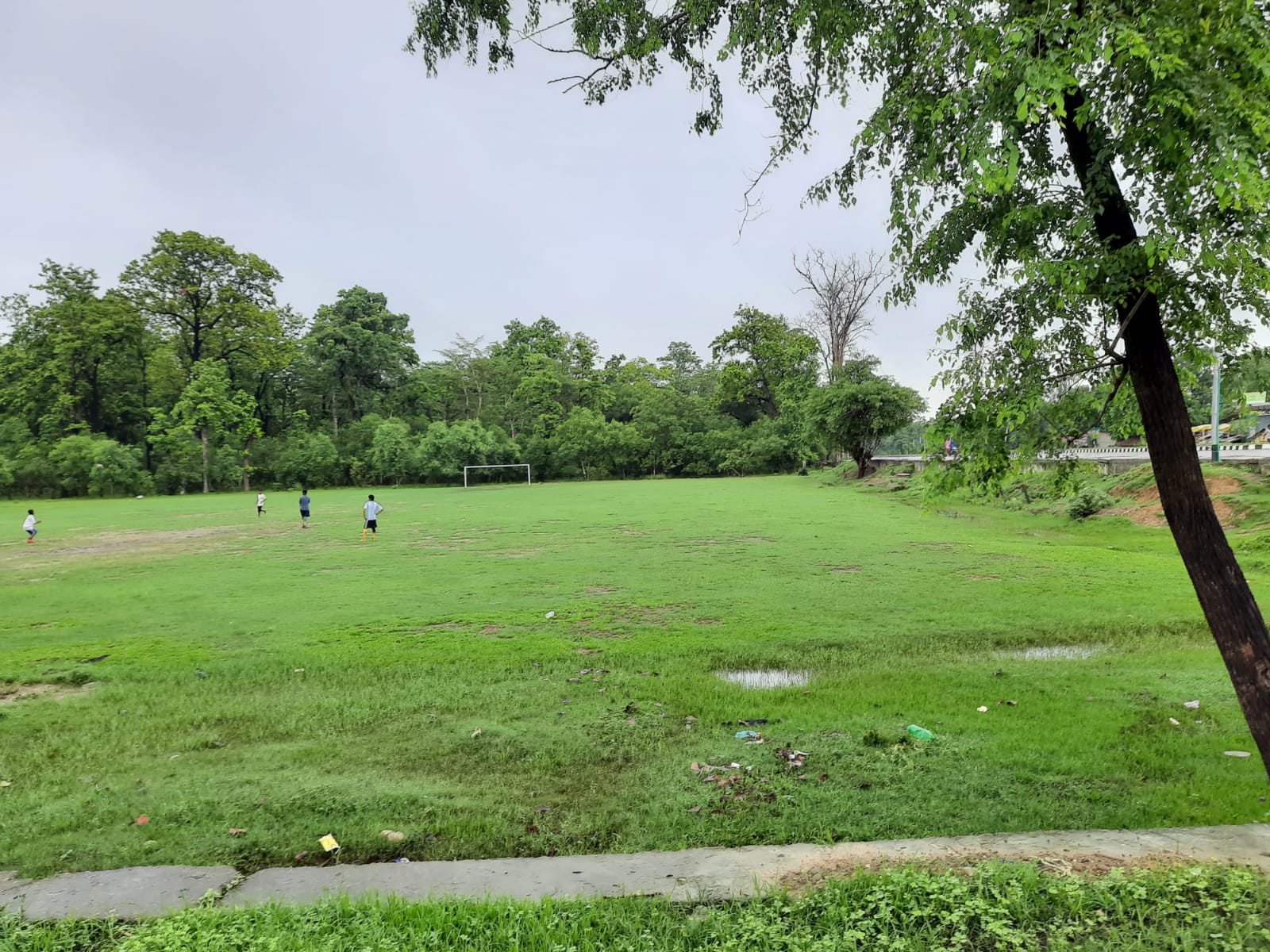Managing Ecosystem Goods to Foster Equitable Economic Growth in Cities
As the world urbanizes, local governments in cities (especially in the developing world) must provide adequate public services to rapidly expanding population, and use the public goods and services sourced from the ecosystem to promote equitable economic growth. The inadequate or poor management of ecosystem services and goods stresses the environment by polluting water and air; degrading natural landscapes, and increasing vulnerability to natural disasters and climate change impacts. These loads and stresses directly affect individuals, communities, and businesses in cities.
To ensure the sustainability of ecosystem services and reap maximum benefits, proper management of ecosystems goods and services is imperative. This management is an opportunity for growth for local decision-makers, but it is also a challenge for them. Local government’s limited resources, institutions, and the city’s ever-developing infrastructure can limit its ability to supply these goods and services effectively.
To identify the best approaches and tools for ecosystem goods and service management, the Cities Alliance has produced this brochure based on a report by Vivid Economics, London (UK) for Cities Alliance. The brochure highlights how local authorities in cities can effectively manage ecosystem services to foster equitable economic growth. The suggested tools and approaches identified here provide a conceptual link between local government action, ecosystem service management, and economic outcomes. Furthermore, four case studies from across the developing world have been analysed to identify the best practices for ecosystem service and goods management.
The brochure finds that local governments can play a leading role in promoting better economic and health outcomes by managing both the supply of and demand for ecosystem services. The local governments can do so by coordinating international, national and institutions and by advocating for a city’s needs. Additionally, managing ecosystems proactively is less costly than subsequently restoring an ecosystem, and therefore local governments can prevent future costs by integrating ecosystem considerations into construction, development, and other urban policies.
Managing Ecosystem Goods to Foster Equitable Economic Growth in Cities





